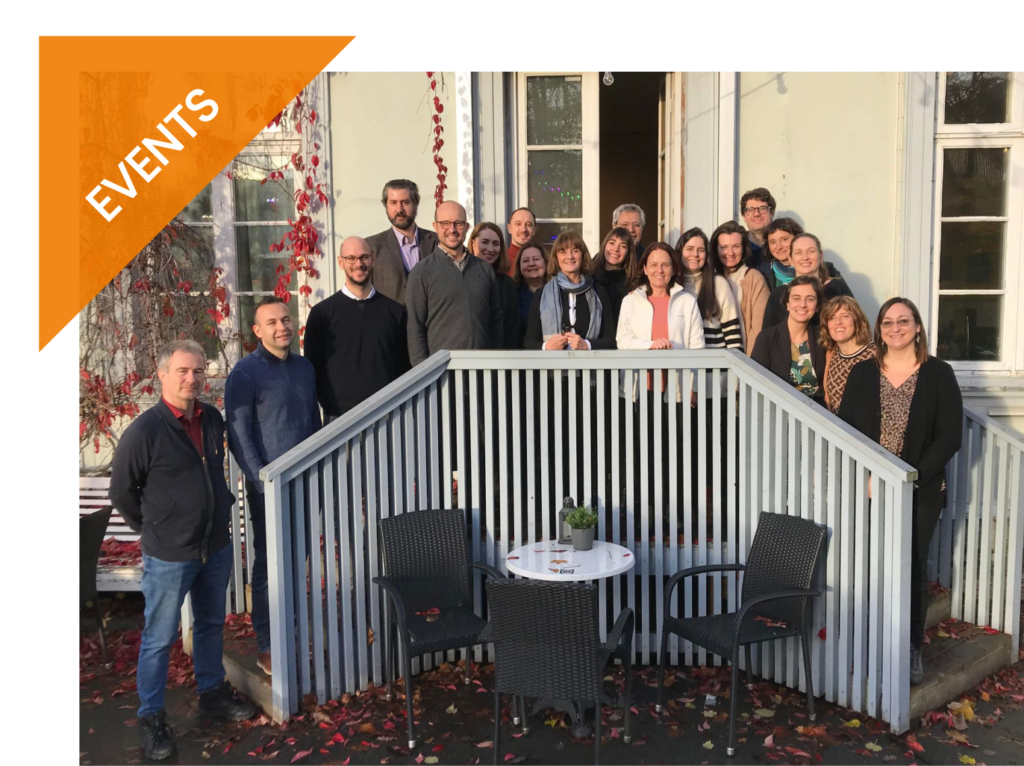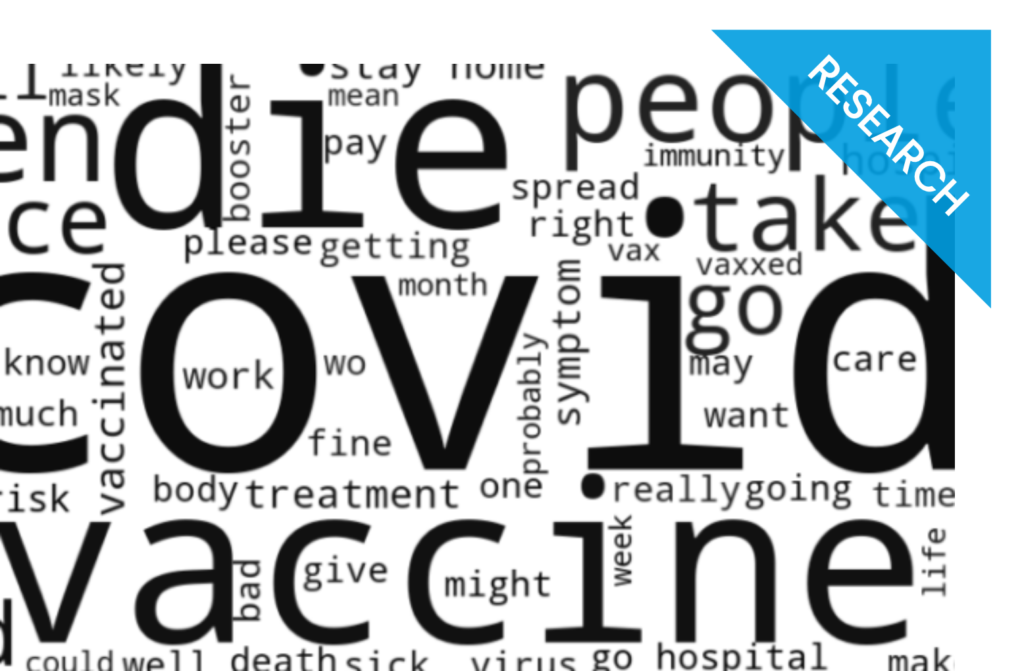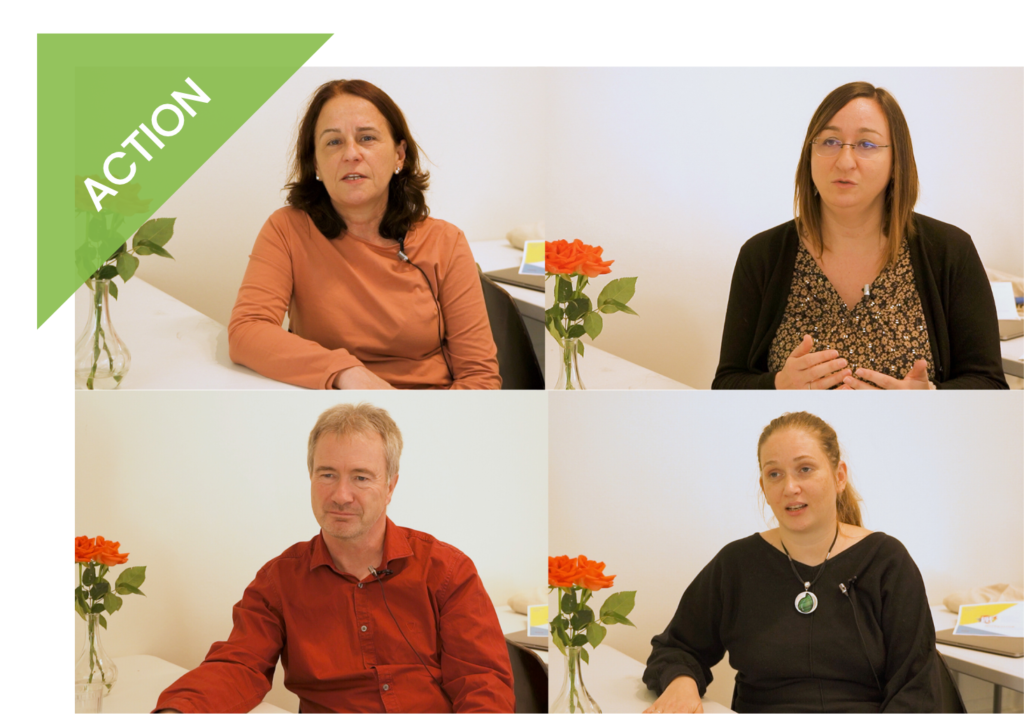January, 2023
January, 2023
Welcome to the 1st ISEED Newsletter! In this edition we share lessons learned from the Midterm Conference, our latest Research Outputs, 4 Case Studies in Citizen Science Practice and a link for you to contribute to our current 2 Surveys.
Events
ISEED’s Midterm Conference in Norway

The Norwegian University of Science and Technology hosted the ISEED Midterm Conference, in Trondheim, Norway. “Heated Debates across Virtual Voids: Arguments, Affects and Deliberation Online” was the first in-person meeting for the consortium following the COVID-19 pandemic.
It was a wonderful opportunity for the ISEED team to come together for both formal and informal conversation, meeting colleagues across Europe and Uruguay whom we had only so far met online.
Almost all our project partners were able to attend in person, and the conference gathered representatives from UNIVE, UNIPA, UNITN, Observa, MHNH, UNIWAR, NTNU, IRMiR, UPF, UCD, MEC and DBT. In total 22 ISEED members participated.
The public workshop included invited keynote talks by researchers working on relevant topics with an international scholarly and public reach. It was further held a public, moderated discussion at Trondheim’s “house of diversity” in the evening, inviting ISEED researchers and external speakers. The internal workshop focused on addressing synergies between Work Packages, knowledge sharing, and work to increase project-wide collaboration.
You can find a dedicated website section on the Midterm Conference with diverse materials from this fruitful encounter. The report providing an overview of the midterm meeting as a whole, presentations from keynote and invited speakers, among other content.
Research
Argumentation, Polarization and Civic Engagement
We are happy to share ISEED’s latest research outputs: the summary report “Argumentation and Polarization” followed by the “Manuscript for Academic Paper Presenting a Typology for Civic Engagement”.
The summary report “Argumentation and Polarization” was elaborated by Giorgia Minello (UNIVE), Giuseppe A. Veltri (UNITN), Carlo R. M. A. Santagiustina (UNIVE) and Massimo Warglien (UNIVE).
The report is part of Work Package 5 – “Investigation of the prospects for deliberation using digital technologies” and focuses on the testing of the argument extractor tool. The argument extractor is a set of tools and methods for extracting and analysing causal statements and other forms of argumentation from social media and, more generally, online textual data.

While the “Manuscript for Academic Paper presenting a typology for Civic Engagement” was developed by Frederik Ròsen (DBT). This work aims to connect approaches and methods for public engagement in science-informed public discussion and problem solving. Interviews were taken and disclose several key barriers that practitioners and experts identify as preventing the establishment of a more enabling political and institutional environment for citizen engagement achieving an impact.
Action
ISEED Case Studies
Foreseen in Work Package 4, Daniela Pereira (MEC-URU), Nathalie Morata (MNHN), Michael O’Grady (UCD) and Magda Roszczyńska-Kurasińska (UW) were the ran 4 ISEED Case Studies. The subject Citizen Science Practices was developed through activities on how citizens were involved in a participatory implementation.

Each partner was responsible for one case study and the interview track that explored the following topics:
a. The objectives of the groups involved in the activities
b. The process of citizen involvement and the relationship with public decision-makers
c. Barriers to involvement
d. Main results achieved
You can read more about the 4 Case Studies and watch the video gathering all members contribution in its dedicated page on our website!
Text: Chiara Piccolo, Elin Danielsen Huckerby, Magda Roszczyńska, Michael O’Gray, Sarah Santos and Sophia Efstathiou
Edit: Chiara Piccolo and Sarah Santos
Last updated: 25/04/2023
Subscribe to the ISEED Newsletter!
Receive recent and relevant topics on Citizen Science every month.


